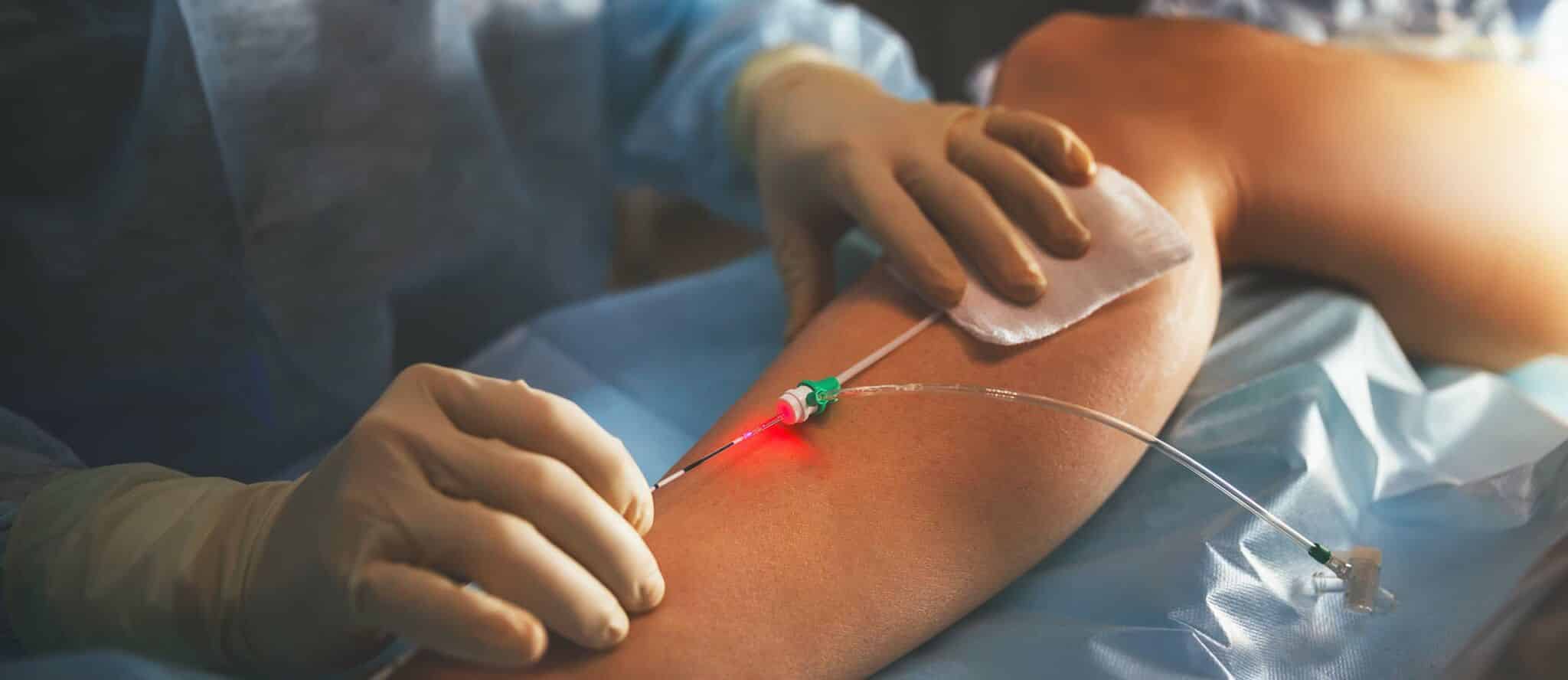
The Second-level short specialisation degree in Vascular Medicine and Thrombotic-Haemorrhagic Diseases wants to sharpen the clinical knowledge on vascular pathologies and thrombotic-haemorrhagic diseases.
The Course explores an updated revision of the scientific notions and care paths concerning pathophysiology, diagnosis and care for vascular diseases (arterial and venous) and hereditary and acquired thrombotic-haemorrhagic diseases.
The Short specialisation degree trains professional figures such as doctors in the field of arterial, venous vascular and lymphatic system medicine, and expert in managing the main hereditary and acquired thrombophilia and haemorrhagic coagulopathies.
The Second-level short specialisation degree in Vascular Medicine and Thrombotic-Haemorrhagic Diseases trains in the field of arterial, venous vascular and lymphatic system medicine, and expert in managing the main hereditary and acquired thrombophilia and haemorrhagic coagulopathies. Attendees will be able to perform non-invasive vascular visits and diagnostic examinations, prescribe and interpret lab exams to diagnose haemostasis disorders, prescribe appropriate treatment plans, coordinate nursing staff that cares for vascular and thrombotic-haemorrhagic diseases, start and manage appropriate primary, secondary and tertiary prevention plans.
The Second-level short specialisation degree in Vascular Medicine and Thrombotic-Haemorrhagic Diseases is addressed to licensed Medicine and Surgery graduates. Preferential requisites include specialization in internal medicine, geriatrics, angiology, haematology, cardiology, and cardio-vascular diseases.
The Short specialisation degree trains professionals who can be employed in national private and public healthcare facilities, with particular reference to the provision of highly autonomous health-related activities in medical management and affiliated clinical specializations, in the different regional healthcare services.
The Second-level short specialisation degree in Vascular Medicine and Thrombotic-Haemorrhagic Diseases provides training on:
- Physiopathology of haemostasis and epidemiology of thrombotic-haemorrhagic diseases
- Physiopathology of circulation and microcirculation
- Vascular pathological anatomy
- Venous system diagnostics
- Arterial system diagnostics
- Vascular and interventional radiology
- Epidemiology, diagnosis and treatment of venous thrombosis in unusual locations
- Vascular cerebral diseases
- Diagnostics and interventional radiology of vascular cerebral diseases
- Innovative therapies of venous thromboembolism
- Acquired and hereditary thrombophilia
- Hereditary thrombophilia
- Acquired thrombophilia
- Hereditary haemorrhagic diseases
- Acquired haemorrhagic diseases and acute bleeding management
- Medical treatment of arterial vascular diseases
- Vascular surgery 1
- Vascular surgery 2
- Venous thromboembolism in cancer patients
- Epidemiology in vascular and metabolic diseases – risk factors
- Etiology, diagnosis and treatment of splanchnic thrombosis – coagulopathy in cirrhosis
The general ranking of merit for the academic year 2025/26 will be published on the Italian page of this Second-level short specialisation degree according to the timing provided in the Call.
Information
FAQ
The course comprises in-person lessons that will be held at the University Hospital of Padua, divided into 3 intensive weeks, from Monday to Friday, during the year (mid-December 2025 – end of February 2026 – mid-September 2026) and a traineeship period under the supervision of a tutor, for 4 non-continual weeks.
Attendance periods at the Short specialisation degree’s clinical facilities will also be included, with methods agreed with the professors and students, in order to promote a homogeneous and regular course.
Students will also be able to participate in periodical seminars and meetings with discussion of clinical cases.
The Short specialisation degree entails a mandatory attendance of at least 70% of the lessons and traineeship. There will also be a final exam, for all the modules, consisting in the discussion of a dissertation.
During the pandemic emergency, the course has provided distance learning, and then dual learning methods. In the future, the University’s instructions will be observed (October 2026).
Students can complete their traineeship in several affiliated facilities:
- Hospital University of Padua
- ULSS no. 2 – Marca Trevigiana
- ULSS no. 1 – Dolomiti
At the end of the Short specialisation degree, and after passing the final exam (discussion of a dissertation), attendees will receive 60 CFU. A minimum mandatory attendance of 70%, between lessons and traineeship, is required.
There will only be a final exam, including all the modules.
At the end of the course, a Second-level short specialisation degree Diploma will be issued. Awarding of the title is consequent to the acquisition of the credits indicated in the selection call, including those related to the final exam.

